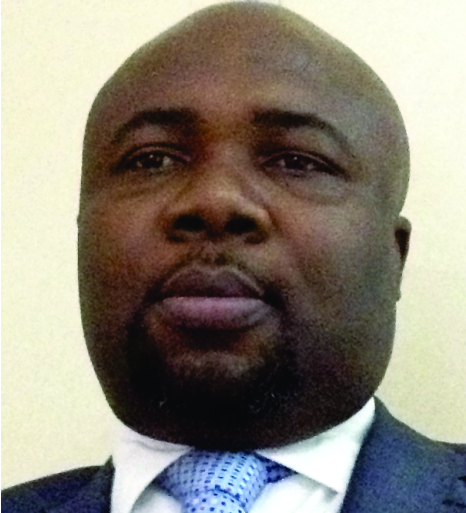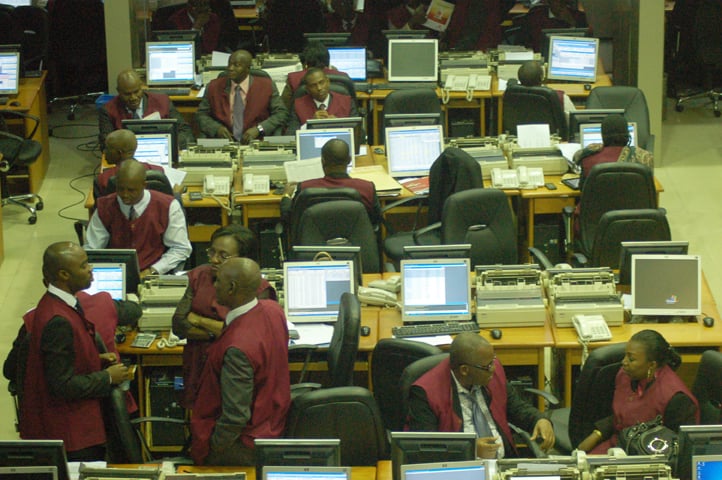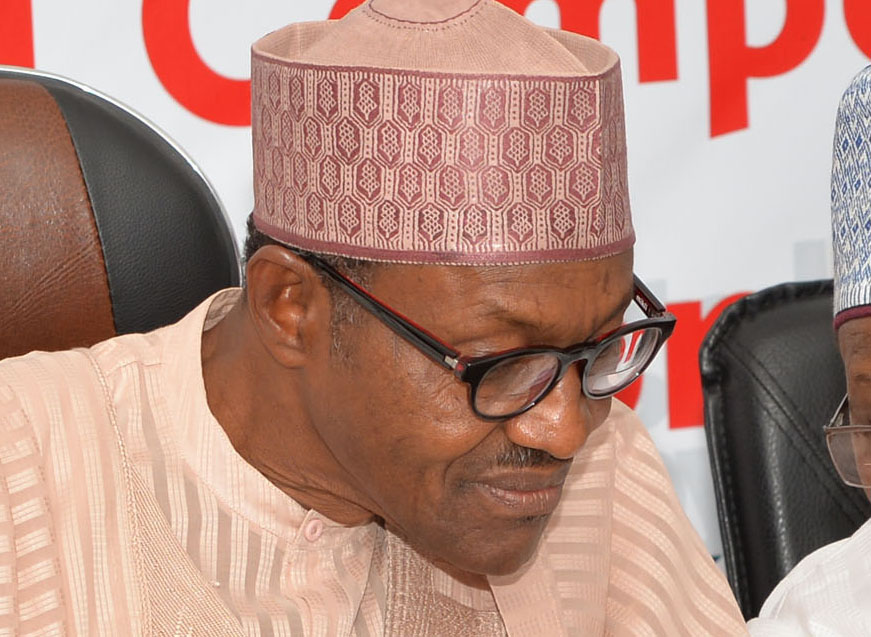The impressive victory of General Muhammadu Buhari (now President Buhari) in the last presidential election that unseated the government of President Goodluck Ebele Jonathan could be attributed to the massive campaign against the then incumbent government on the critical tripod issues of corruption, insecurity, and economic challenges facing the country. This assertion is without prejudice to other political, technical, and socio-cultural factors that played key roles in the outcome of the election.
Despite the concerns expressed by many Nigerians (including yours sincerely) about the age of the general as well as his military background that seemed unfriendly with democratic tenets, the perception of the General as an honest, simple, content, incorruptible, and no-nonsense leader – an image that was masterfully sold by the All Progressives Party (APC) campaign team – became an incontrovertible criterion, in the heart of many electorates, for electing the president of a Nation populated by very abjectly poor citizens in the midst of rich natural, material and human resources. Hence, the victory of President Buhari was perceived as the victory over corruption, bribery, and the embezzlement of public funds in Nigeria.
According to the United Nations (in the United Nations Convention Against Corruption document 2004), corruption is an insidious plague that has a wide range of corrosive effects on societies. It undermines democracy and the rule of law, leads to violations of human rights, distorts markets, erodes the quality of life and allows organized crime, terrorism and other threats to human security to flourish. Corruption hurts the poor disproportionately by diverting funds intended for development, undermining a government’s ability to provide basic services, feeding inequality and injustice, and discouraging foreign aid and investments. While corruption can be found in every nation of the world – rich and poor, big and small – its devastating effects are most evident in the developing nations.
In Nigeria, corruption is hugely responsible for the phenomenon of “jobless growth” in the economy: while economic output has been growing impressively in the past decade or more, unemployment has been worsening with it, and economic development has been widely elusive. The gap between the rich and the poor (inequality) has been getting worse and worse. There is a widespread failure in harnessing the abundant natural, material and human resources readily available in the nation.
Advertisement
The negative consequences or manifestations of corruption is evident in almost every facet of society: massive fraud and lack of accountability in the oil and gas sector and institutions; sabotage in the effort to upgrade infrastructures – roads, rail systems, airports, etc; obstacles in the power sector reforms; unnecessarily high cost of governance; bloated salary burdens in civil service; high-handedness in legislative functions; lack of trust and transparency in the judicial process; electoral frauds and money-bag politics; abandoned projects; insecurity problems occasioned by the diversion of funds voted for security equipment and operations; deliberate and costly delays in business registrations as well as in obtaining approvals and documents in public offices; lack of transparency and governance in public and private institutions; ineffective and dysfunctional educational systems; poor policing and lousy law enforcement operations; among many others.
Therefore to fight corruption in Nigeria is more than a laudable cause whose success would definitely positively impact several aspects of national life, and bring unquantifiable honour and credit to the leader(s) of the crusade. It is on this premise (in addition to the firm campaign promises of the APC) that one can understand the critical imperative of the anti-corruption fight by the government of President Muhammadu Buhari. And Nigerians are eager to see “activities” in this direction as soon as possible.
Unfortunately, the fight against corruption in any country is not a 100 meters dash; it is a long, tortuous, and difficult task that requires fortitude, longsuffering, patience, consistency, and exemplary leadership. It is not about “showmanship” or media hype usually involved when one or two allegedly corrupt public officers are put in chains and shown in national and local media, only for the substantive issues to be soon forgotten or buried in the cause list of the law courts in the nation.
Advertisement
Today, there are already prominent and popular cases in which some past governors and other public servants in Nigeria who are alleged to have corruptly enriched themselves in office are being quizzed and detained by the Economic and Financial Crimes Commission (EFCC). These cases are getting sensational and interesting by the day! How can you blame a nation of people who have become very vindictive due to the sustained plundering of national wealth by many leaders upon whom they had entrusted their hope and prosperity. The natural thing is to want to see such people held in chains by the law enforcement agencies and brandied as thieves that they “ought to be”. The good thing about this approach is that it at least sends some message that corruption would not be tolerated by the incumbent government, and perhaps poses as a deterrent or scarecrow for public and private sector servants or office holders.
But there are dangers in this approach to fighting corruption. When there is a growing perception that those who are being arrested and detained are more of political enemies or opposition party members or perceived competitors in the political space, the incumbent President would eventually suffer a huge loss of credibility in the fight against corruption. This is especially so when some the culprits are given selective treatments in terms of bail terms and conditions, seriousness of the prosecution process, and the amount of punishments meted out by the courts. When the anti-corruption agencies (like the EFCC) are perceived not to be truly independent and impartial in their prosecution of the corruption fight, the consequences would be too dire for the cause.
Udemezue, a management and financial consultant, lives in Lagos.
Advertisement
Views expressed by contributors are strictly personal and not of TheCable.


